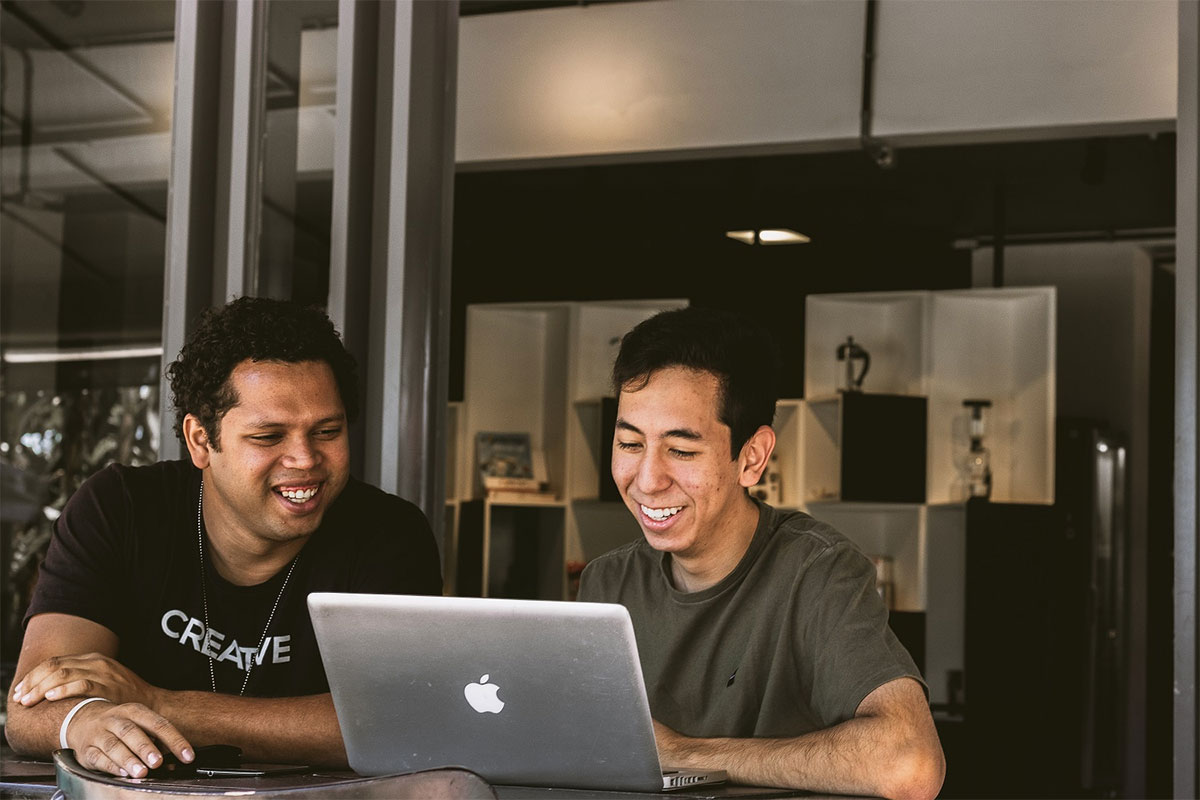This is the perfect moment to break out of a dysfunctional routine and create situations and habits that bring us closer to what we want. As with everything I do in my life and the companies where I’ve worked, I’ve written this short article from two points of view: The usefulness and the development of awareness
From a practical and useful point of view, I would like to share with you some tips to work and live better in these times of uncertainty. Right now it’s important that we don’t lose perspective and continue with some habits. I also recommend that you make small plans about what you want to do this week, but not what you have to do, because you will already have that in your planner or Outlook calendar:
– Something I want to finish or get done in the professional sphere.
– Something I want to get done at home.
– Something I’m going to do for others (children, friends, partner, parents, etc.).
– Something I want to do for myself.
This is the moment to work on yourself in an integral way and to get used to doing some activity during the week for every aspect of your life, in all your lives.
1.- Something you want to do in the professional sphere: For this point it’s very important to establish a routine about the time to get up and set some breaks. The performance curve is increasing, but there’s a time when, if we haven’t rested, it begins to decrease and it finally results in a negative performance; that’s when we start making mistakes due to the lack of concentration and weariness. It is during those rests when we can work on the other areas or goals we want to achieve that day. It’s useful for us to find a room with a door in our house where we can work, especially if we have children. If our house is small, we can use the living room until the children wake up, and then use a folding table or redistribute the space in order to work in our or the children’s bedroom, but never in a walk-through area or common spaces which are destined to all kinds of activities, such as the living room or the kitchen. We have to look for the spaces that are the furthest away from the daily bustle.
What happens if our partner also needs spaces like those, away from the bustle? Who takes care of the kids meanwhile? These two questions have the same solution if there are two adults at home: establish a schedule to focus on work and take turns to be with the kids. While one stays for an hour or an hour and a half in the space away from distractions, the other stays in the living room working on tasks that require less concentration or doing house chores. And what if we’re alone? It’s the time for our kids to do things on their own, but the period of time in which they can and should be alone is inversely proportional to their age. What’s clear is that you need a room where you can perform at full capacity, away from the distractions of the rest of the house. It’s not the time to work 8 hours a day, it’s the time to make the most out of some hours working at full capacity.
2.- Something you want to do at home. The house is that entity in which you never stop investing and which requires constant dedication. This is a great moment to plan when I’m going to finish painting that room I’ve been trying to get to for years, or simply to set some routines for action: on Tuesdays, the kitchen; on Thursdays afternoon, the bathrooms; from 1 to 2 p.m., lunch; on Sunday, everyone cooks for the whole week, etc.
3.- It’s interesting to plan activities to do together throughout the week, such as playing, reading, watching a movie, doing sport, cooking, cleaning, all as a family… But what happens if we’re not together? Set a routine with your partner and friends: drink some vermouth on Sundays together, have a romantic video-dinner, play a game of chess or cards…
4.- Something I’m going to do for myself, every week. It’s advisable to plan individual time away from everyone else. It would be better to do it every day, but if it’s not possible, you can do it at least a couple of times a week. These are moments to think… What do I want? What am I doing? How am I acting, or what am I feeling? What do I expect from life? What am I doing about that? It’s also an incredible time to develop strategic thinking and to bring out our “planning – implementing” self. Can you bring more to the table? What is preventing you from giving more and being better? All these questions are directed to a common goal, based on two parameters: What am I going to do so that the first post-confinement day the company experiences the highest revenue day in its history? What am I going to do so that the first day after this crisis there is a change in me and in others and we create a better work environment, with more commitment, trust, humanity and productivity?




